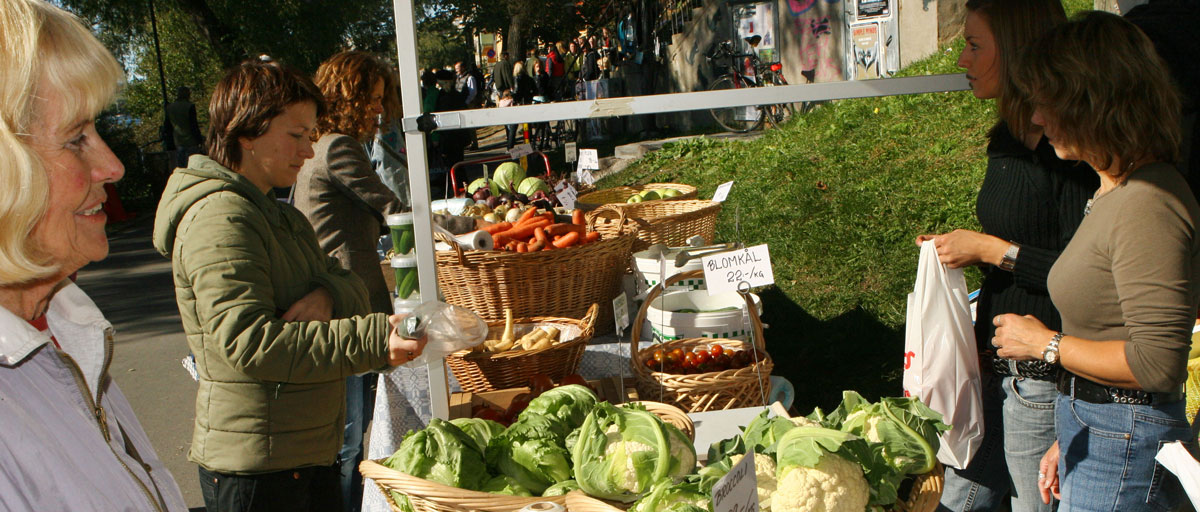
Ecosystem services
Move beyond monetary valuations
Report on the value of ecosystem services handed over to Swedish government
A commission led by Maria Schultz from SwedBio has handed over its final report to the Swedish Minister for the environment Lena Ek.
The report’s overall objective has been to propose ways to raise awareness and promoting the integration of the value of ecosystem services and biodiversity into decision-making processes. All in all, the commission puts forward 25 proposals, divided into three main areas: integration into decision-making processes; a better knowledge base; and learning about ecosystem services.
The report, available in Swedish, English and Spanish, presents valuation scenarios beyond monetary valuations. This means looking at the contexts in which valuations are relevant, who should do the valuations, and what type of valuation is most appropriate.
A central theme of many of the proposed measures is to make the value of ecosystem services visible through so-called ecosystem service assessments, a method that identifies important ecosystem services and estimates their state and benefits, as well as factors affecting their maintenance.
By identifying both ecosystem services and users, this methodology demonstrates how we depend on and affect ecosystem services in a given situation or at a certain location.
Monetary valuation no panacea
The commission, which consisted of Maria Schultz together with centre researcher Thomas Hahn, Louise Hård af Segerstad from Albaeco and Lars Berg from the Ministry of Environment, acknowledges that measuring the value of ecosystem services in monetary terms can be useful but also warn that monetary valuation alone is less reliable or even inappropriate in complex situations that involve a variety of ecosystem services, or where there are different ethical convictions regarding what values are possible or appropriate to express in monetary terms.
Many proposed measures involve building the institutional capacity to make ecosystem service and impact assessments, and achieving better coordination and division of responsibilities between sectors and authorities.
The commission also proposes a temporary committee for ecosystem services to serve as a knowledge hub to support both public and private actors and ensure that knowledge and experiences are utilised and disseminated. Moreover, there are proposals regarding research, public procurement, corporate governance, support for business development and innovation, impact analysis of investments, and participation in international forums.
The need for highlighting our impact and dependence on ecosystem services outside the country’s borders is also emphasised. This is in line with the parliament’s overall goal for the environmental policy and Sweden’s policy for global development.
Text
Related info
Collaborative partners
The report is a collaboration with the Swedish Cross-Party Committee on Environmental Objectives and the Environmental Advisory Council. It has also had a reference group with representatives from state agencies and local and regional government, business representatives and organizations of civil society as well as scientists who have worked with and shaped the discussions on ecosystem services and valuation.







